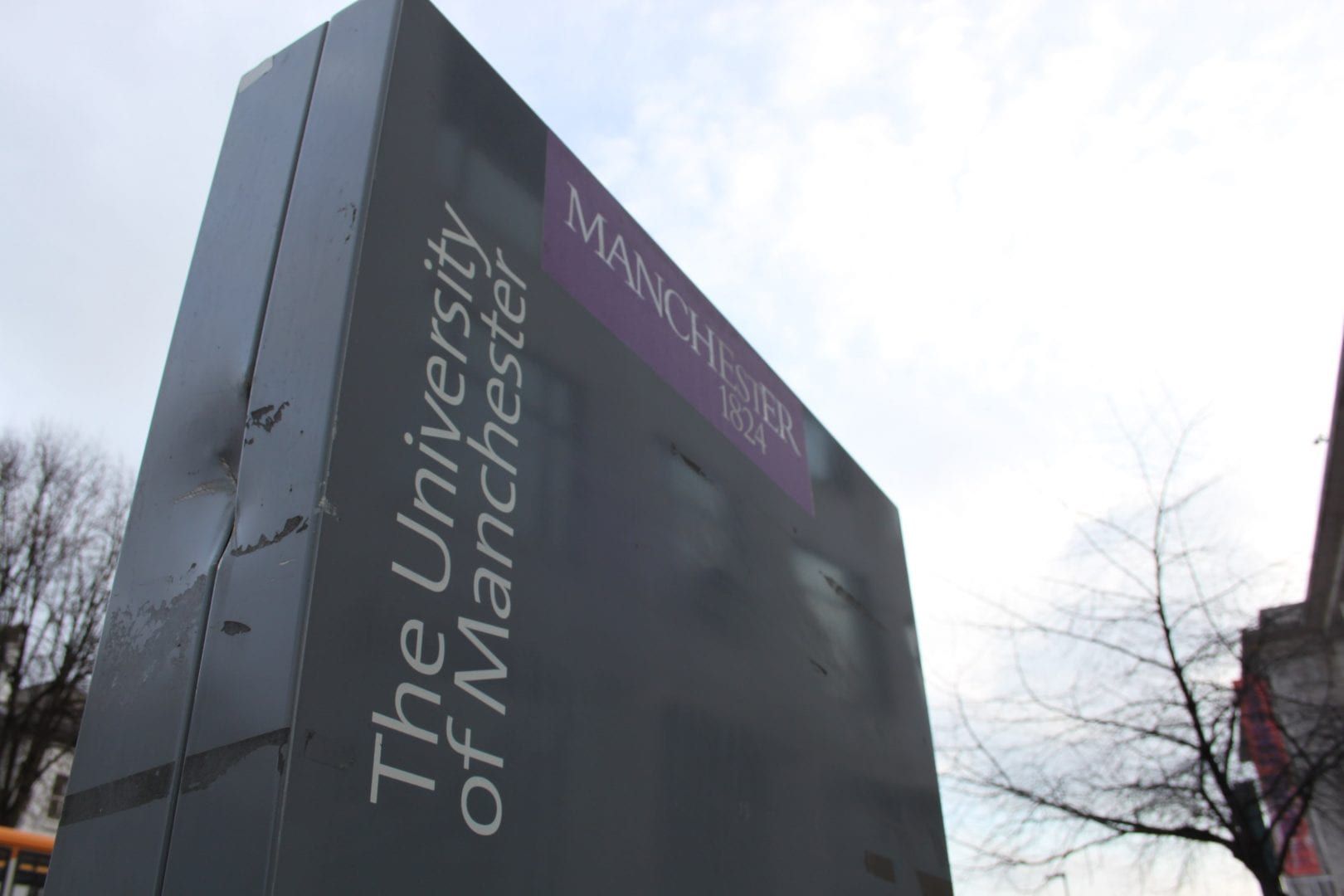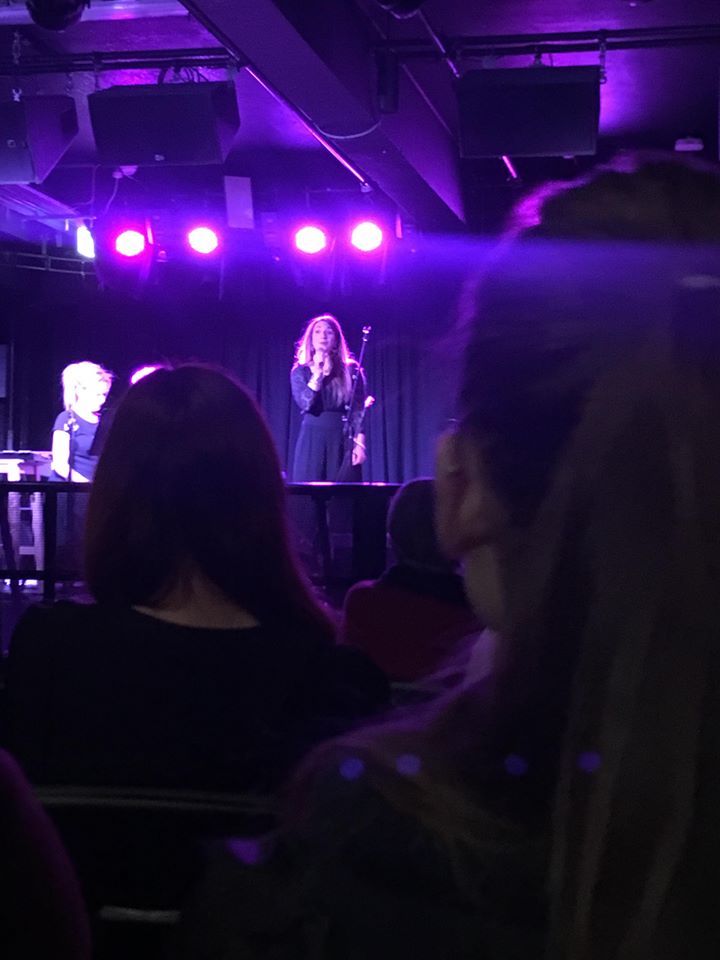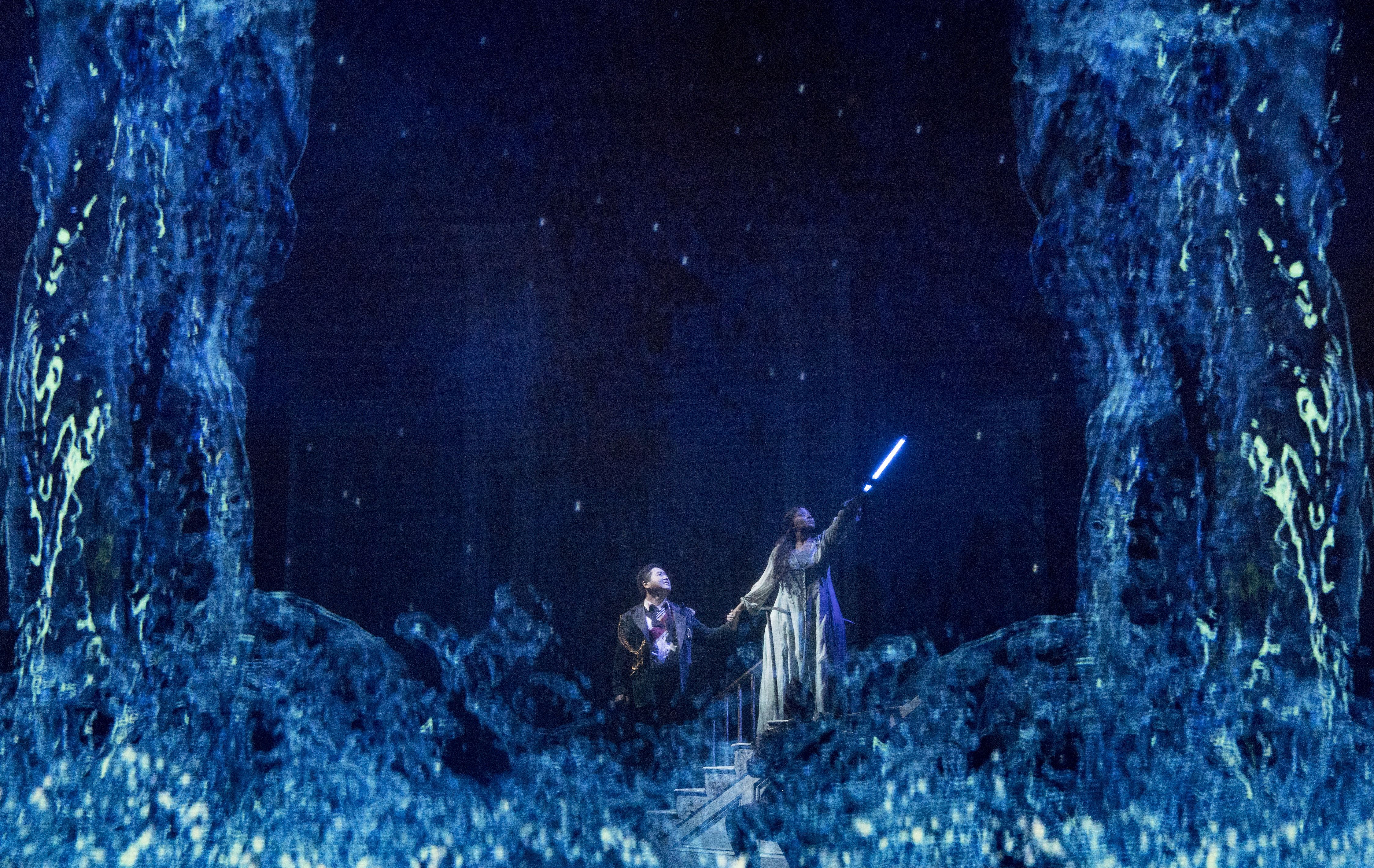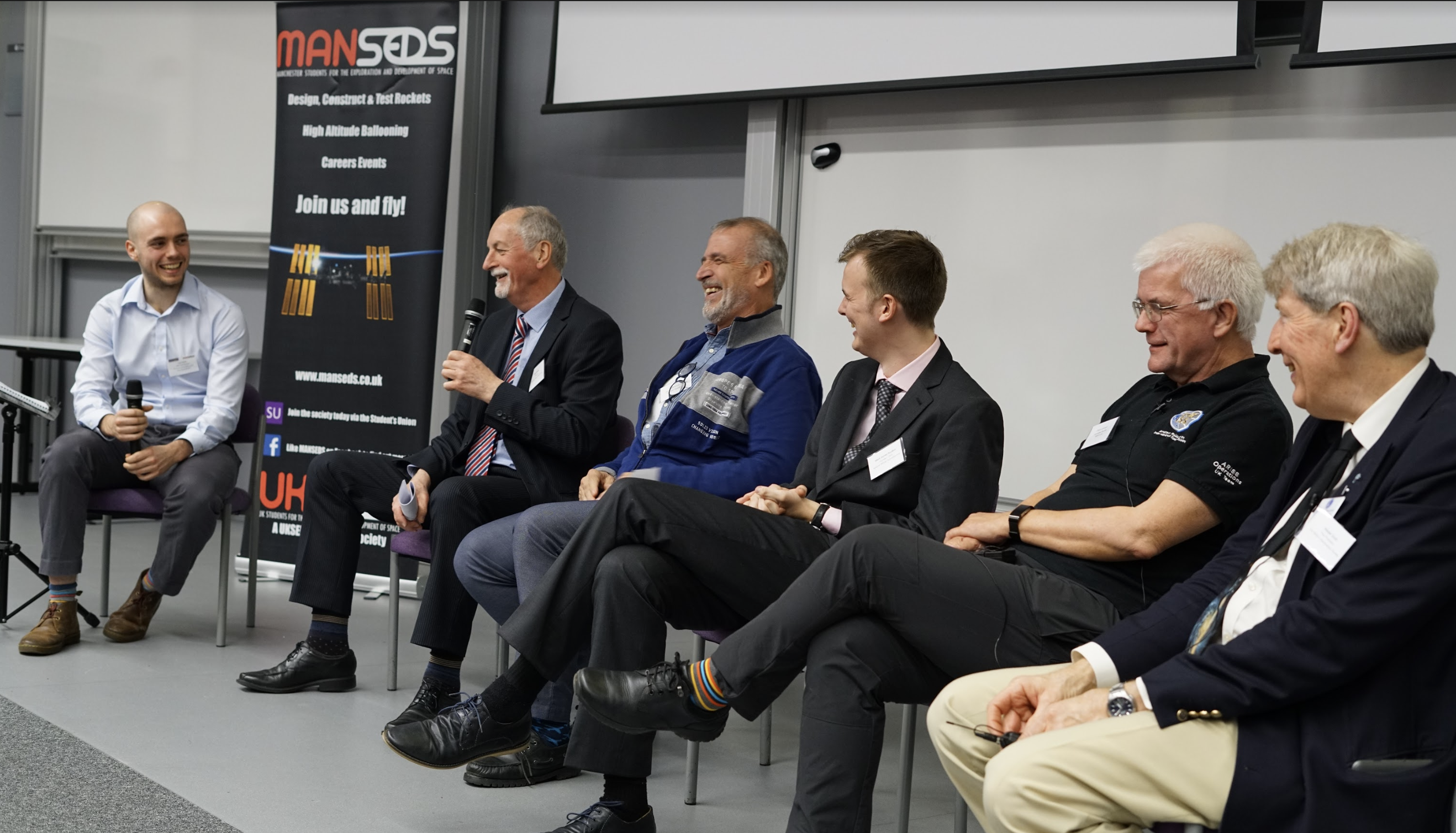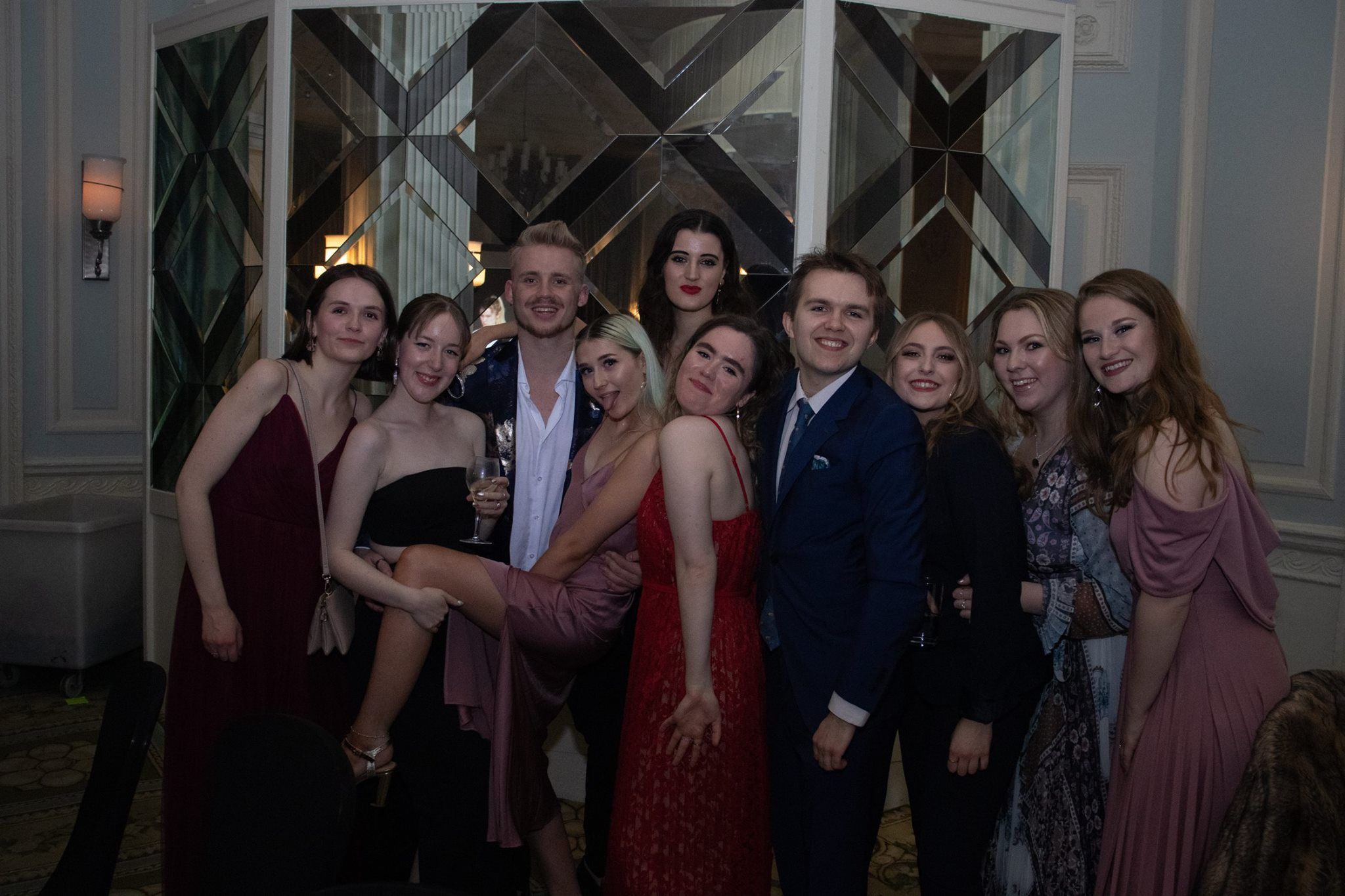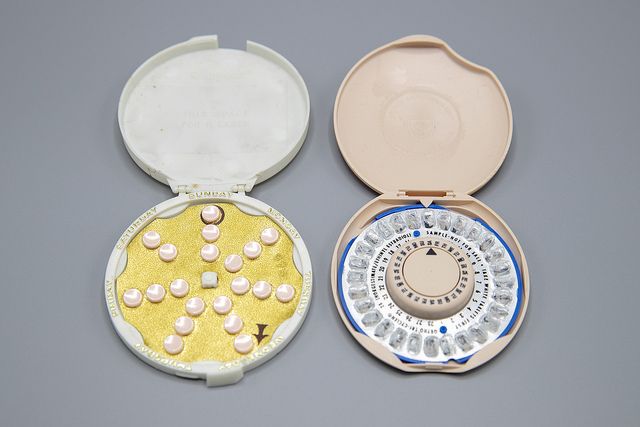New Rep Hub launched by SU to help connect students to the union
A new system to connect students with their representatives at the University of Manchester has been launched by the Students’ Union (SU).
Rep Hub, a new online portal to simplify communication with reps, was included in the manifesto of incumbent education officer Olivia Meisl in last year’s executive elections.
The portal, located within the SU website, allows students to quickly identify who their student rep is, along with contact details, as well as providing them with the ability to submit feedback online.
Even if students cannot provide the name of their school, or their course is not listed, they are provided with a contact.
The hub will also be integrated into MyManchester for ease of access.
This new mechanism is aimed at increasing student engagement, and further aiding reps in their delivery of support, with a range of materials available for reps themselves, including advanced training and key contacts.
Education officer Olivia Meisl expressed her delight that the hub was finally up and running.
“I’m really excited to finally launch rep hub. It was my main manifesto point and it came about after being a rep for 4 years, and then a faculty officer – it can be really difficult sometimes to get good quality feedback from the students you represent, and equally on the other side, students in many cases aren’t aware who represents them, it changes most years. It’s a particular challenge for our joint honours students. The hub will definitely go far in improving the representation of students to staff in the university, and giving the union a clearer picture of patterns across schools, a faculty, or all 3 faculties.
“The way it works is that you can find out who your rep is, and then submit feedback directly to them, under several categories and as positive feedback and room for improvement feedback. Should someone not have a student rep for their course, they can feedback directly to the SU education team. The team and I get to see an overview of what is going on university-wide. We’ve had some really interesting things so far!”
